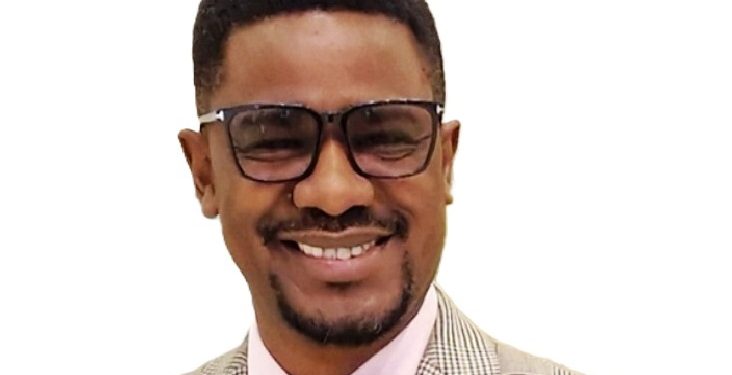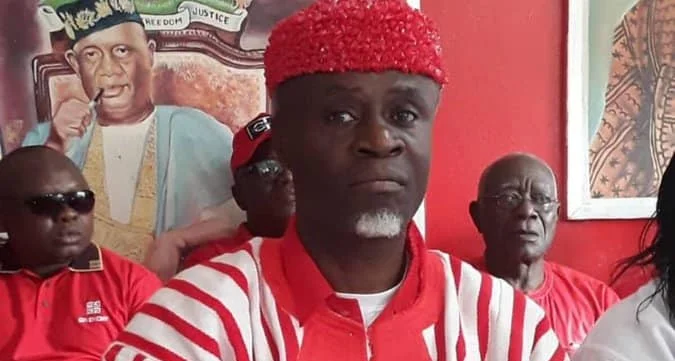By Hassan Osman Kargbo
In a landmark step toward enhancing transparency and accountability in Sierra Leone’s education sector, the Ministry of Technical and Higher Education (MTHE) has officially launched its Service Charter.
The unveiling ceremony at the ministry’s headquarters in Freetown’s Sababu Building, marks a significant milestone in government’s commitment to reform technical and higher education.
For Dr. Josephus Brimah, Chief Technical and Higher Education Officer, the launch of the Service Charter is the culmination of years of dedicated effort. “We are proud to launch this Service Charter,” Dr. Brimah remarked, his voice reflecting the enthusiasm in the room. “Over the years, we have worked tirelessly to bring this vision to life. By the end of last year, we finalized the necessary frameworks. This is truly a moment of celebration as our minister of Technical and Higher Education now has the honour of introducing this transformative initiative.”
A tangible sense of optimism filled the hall as Dr. Haja Ramatulai Wurie, Minister of Technical and Higher Education, took the stage to deliver the Keynote address. Her words reinforced the significance of the Service Charter in shaping a more open and accountable education sector. “This Charter is a vital tool that informs the public about the services we provide while outlining our mission, vision, and mandate,” Dr. Wurie explained. “It empowers the public to hold us accountable for our commitments.”
More than just a document, the Service Charter represents a promise—one that extends beyond the Ministry itself. Dr. Wurie emphasized that the initiative would also benefit universities, technical universities, and government technical institutions. To support it, the ministry provided the institutions with the necessary resources to develop their own service charters, ensuring the principles of transparency and accountability are upheld across the sector.
The launch of the Service Charter was made possible through generous funding from the World Bank, a contribution that Dr. Wurie acknowledged with deep appreciation. “The support from the World Bank has been instrumental in making this initiative a reality,” she said. “This investment in our education sector will have lasting impacts, ensuring that we create a system that is both effective and accountable.”
As the ceremony concluded, there was a palpable sense of achievement among attendees—government officials, educators, and stakeholders alike. The Service Charter is not just a policy document; it is a pledge to Sierra Leone’s students, educators, and the wider community. With this initiative, MTHE is setting a new standard for service delivery in education, one that promises a more transparent, responsive, and student-centred future.













